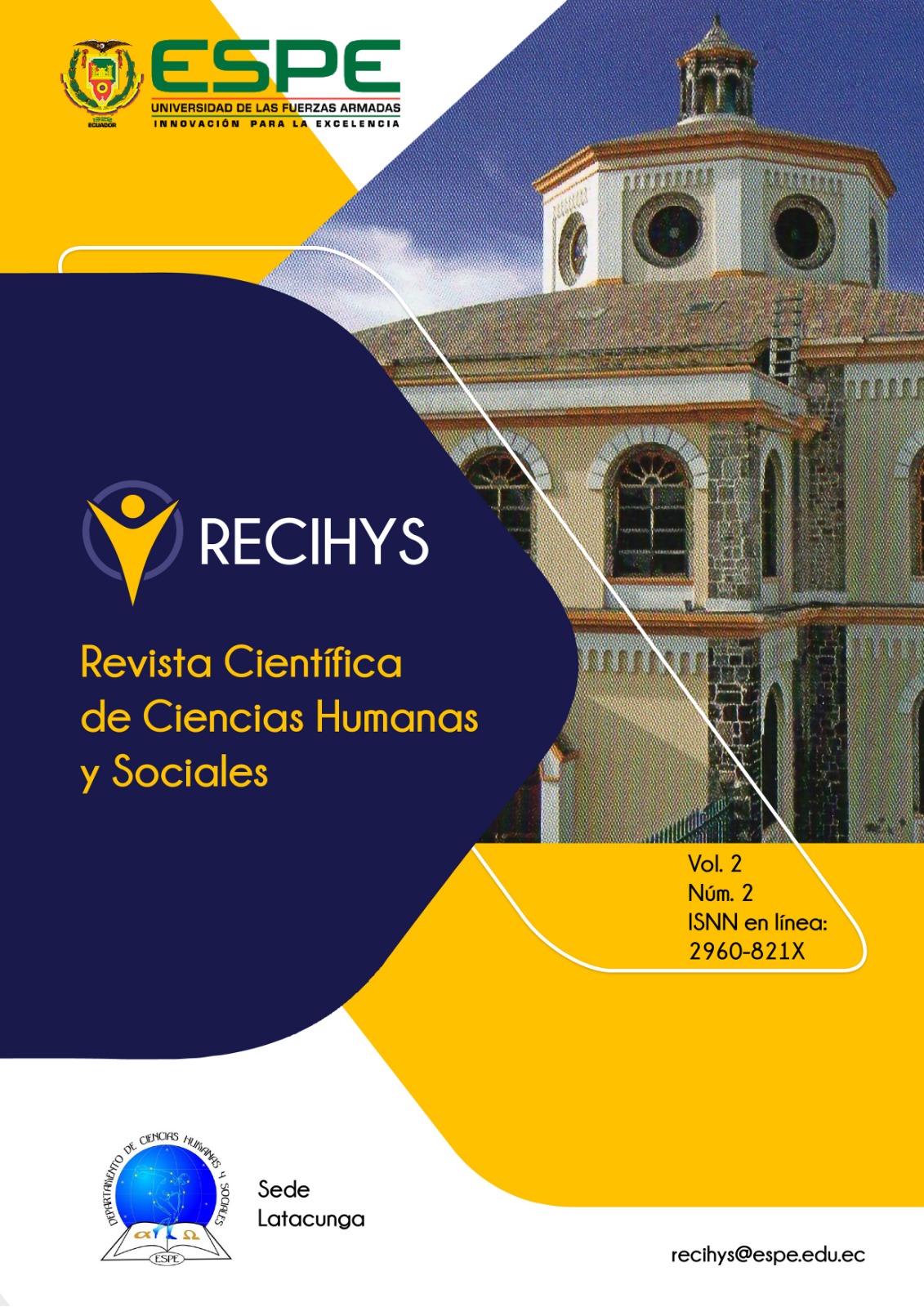Techniques in Psychology vs Technological Practices: The Case of Psychotherapy and Clinical Psychology
Main Article Content
Abstract
The present work had a double objective. On the one hand, to differentiate and delimit the terms psychotherapy and clinical psychology, as different practices and with different degrees of relationship with scientific psychology. On the other hand, to delimit technique and technology as different modes of knowledge, with clear differences that are often ignored in the psychological discipline. To comply with the above, a brief historical overview is made that presents the development of applied psychology. Subsequently, the ontological criteria developed by Mario Bunge are used to delimit the modes of technical and technological knowledge in psychology. Finally, all the terms delimited are interconnected with the historical development that the various behaviorisms and their scientific research programs have had, as an example that supports the differential arguments between psychotherapy, clinical psychology, technique and technology. After such historical-conceptual analysis, it was concluded the need for and importance of this type of research to guide the professional practice of psychologists in the basic or applied field.
Downloads
Article Details

This work is licensed under a Creative Commons Attribution 4.0 International License.
Authors who publish in this journal agree to the following terms: Authors retain the copyright and guarantee the journal the right to be the first publication of the work, as well as, licensed under a Creative Commons Attribution License that allows others share the work with an acknowledgment of the authorship of the work and the initial publication in this journal. Authors may separately establish additional agreements for the non-exclusive distribution of the version of the work published in the journal (for example, placing it in an institutional repository or publishing it in a book), with acknowledgment of its initial publication in this journal. Authors are allowed and encouraged to disseminate their work electronically (for example, in institutional repositories or on their own website) before and during the submission process, as it may lead to productive exchanges as well as further citation earliest and oldest of published works.
How to Cite
References
Baer, D., Wolf, M., & Risley, T. (1968). Some current dimensions of applied behavior analysis. Journal of Applied Behavior Analysis, 1(1), 1-91. https://doi.org/10.1901/jaba.1968.1-91
Bedregal, P. & Cornejo, C. (2005). El movimiento de la medicina basada en la evidencia: Alcances conceptuales y teóricos. Revista Médica de Chile, 133 (8), 977-982. http://dx.doi.org/10.4067/S0034-98872005000800015
Beutler, L. E. (1998). Identifying Empirically SupportedTreatments: What if we didn’t? Journal of Clinical and Consulting Psychology, 66(1), 113-120. https://doi.org/10.1037//0022-006x.66.1.113
Bunge, M. (2012). Filosofía de la tecnología y otros ensayos. Universidad Inca Garcilaso de la Vega.
Burgos, J. (2004). Comentario: ¿es la teoría del marco relacional inteligible? Acta Comportamentalia: Revista Latina de Análisis del Comportamiento, 12(1), 53-73.
Caballo, V. y Salazar, I. (2019). Ingenuos, el engaño de las terapias alternativas. Siglo XXI.
Consejo General de Colegios Oficiales de Psicología. (2003). Psicología clínica y psiquiatría. Papeles del Psicólogo, 24(85), 1-10.
Dahab, J. (2015). El mito de la “revolución” cognitiva. PSIENCIA. Revista Latinoamericana de Ciencia Psicológica, 7(1), 88-102. doi: 10.5872/psiencia/7.1.0106
Durán, N., Restrepo, D., Salazar, C., Sierra, A. & Schnitter, M. (2007). Historia paralela de la Psicología Clínica: un rastreo teórico-histórico. Informes Psicológicos, 1(9), 135-148.
Ezequiel, B. (2009). Las psicoterapias. PSIENCIA. Revista Latinoamericana de Ciencia Psicológica, 1(1), 1-9.
Ferro, R. & Vives, M. (2004). Análisis de los conceptos de efectividad, eficacia y eficiencia en psicología. Panace@. Revista de Medicina, Lenguaje y Traducción. 5(16), 97-99.
Gómez, M. (2010). Concepto de psicoterapia en psicología clínica. Revista de Psicología Universidad de Antioquia, 2(2), 19-32. https://doi.org/10.17533/udea.rp.10290
Gómez, M. (2013). Relaciones entre la Psicología clínica, la psicoterapia y la psicología de la salud. Revista Electrónica Psyconex, 5(7), 1-21.
Hayes, S. (2004). Acceptance and commitment therapy, relational frame theory, and the third wave of behavioral and cognitive therapies. Behavior Therapy, 35(4), 639-665. https://doi.org/10.1016/S0005-7894(04)80013-3
Meneses, J. (2013). Aproximación histórica y conceptos básicos de la psicometría. Universitat Oberta de Catalunya.
Mustaca, A. (2004). El ocaso de las escuelas de psicoterapia. Revista Mexicana de Psicología, 21 (2), 105-118.
Pascual, J., Frías, M., & Monterde i Bort, H. (2004). Tratamientos psicológicos con apoyo empírico y práctica clínica basada en la evidencia. Papeles del psicólogo, 25(87), 1-8.
Patrón E., F.J., Ortega G., M., Santillán B., V.E., Viloria H., E. y Martínez M., D.R. (2020). La investigación científica-tecnológica como eje formativo para la licenciatura de Psicología en México. Enseñanza e Investigación en Psicología, 2(3), 314-327.
Quant-Quintero, D., & Trujillo-Lemus, S. (2014). Psicología clínica basada en la evidencia y su impacto en la formación profesional, la investigación y la práctica clínica. Revista Costarricense de Psicología, 33(2), 123-136.
Ribes, E., Díaz, E., Rodríguez, Ma., & Landa, P. (1986). El análisis contingencial: una alternativa a las aproximaciones terapéuticas del comportamiento. Cuadernos de Psicología, 8(1), 27-52.
Ribes, E. (2009). La psicología como ciencia básica. ¿Cuál es su universo de investigación? Revista Mexicana de Investigación en Psicología, 1(2), 7-19.
Roca, J. (2006). Psicología: una introducción teórica. EAP-Documenta Universitaria.
Ruiz, Ma., Díaz, M., & Villalobos, A. (2012). Manual de técnicas de intervención cognitivo conductuales. Desclée de Brouwer.
Silva, H., Ruiz, D., Aguilar, F., Canales, C., & Guerrero, J. (2016). Enseñanza de la ciencia, la tecnología y la técnica interconductual: hacia una distinción entre prácticas psicológicas. Revista Electrónica de Psicología Iztacala, 19(1), 220-247.
Stevens, K. & Méndez, D. (2007). Nuevas herramientas para la psicología clínica: las terapias basadas en la evidencia. Cuadernos de Neuropsicología/Panamerican Journal of Neuropsychology, 1(3), 174-371.
Zanatta Colín, E., & Camarena, T. Y. (2012). La formación profesional del psicólogo en méxico: trayecto de la construcción de su identidad disciplinar. Enseñanza e Investigación en Psicología, 17(1), 151-170.

